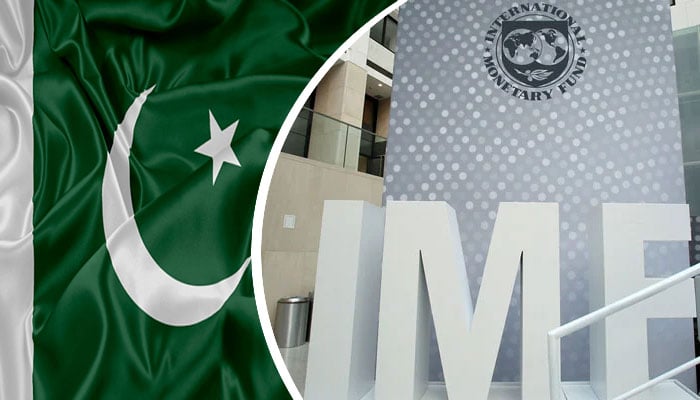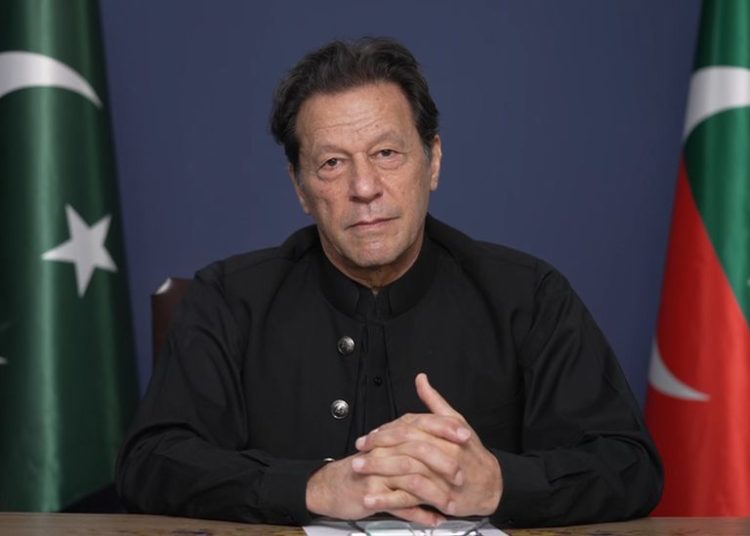According to Finance Minister Muhammad Aurangzeb, Pakistan has formally requested about $1 billion in funding from the International Monetary Fund (IMF) to help manage external economic challenges. This request was made during discussions at the IMF and World Bank meetings in Washington.
Previously, the IMF approved a $7 billion bailout for Pakistan, and additional funds are available through its Resilience and Sustainability Trust (RST), which supports climate-related initiatives.
Pakistan is also exploring opportunities with the Asian Infrastructure Investment Bank (AIIB) for a Panda bond issuance, expecting an initial amount between $200-250 million. This would mark the country’s first step into China’s capital markets. Aurangzeb highlighted the importance of entering this significant market, emphasizing diversification of funding sources over specific issuance sizes.
The finance minister stated that Pakistan’s economy is stabilizing, having made substantial payments to international investors following improved macroeconomic conditions. The country aims to privatize its national airline and outsource operations at Islamabad’s international airport by November, attributing delays to necessary macroeconomic assurances and the thorough vetting of potential investors.
After experiencing a deep economic crisis last year, including a peak inflation rate of 38%, the government has implemented measures that have brought inflation down to below 7%. Aurangzeb noted progress in stabilizing the Pakistani rupee, which has depreciated about 65% against the US dollar since 2020.
The government’s IMF agreement also hinges on expanding the tax base and reforming state-owned enterprises. Aurangzeb emphasized tackling issues like tax evasion and corruption to ensure a fair system.
Describing their commitment to improve tax collection, he mentioned a 29% rise in revenue last fiscal year and aims for a 40% increase this year. He underscored the need for sectors like real estate and agriculture to contribute adequately.
During his visit, Aurangzeb met with US-Pakistan Business Council members to strengthen trade ties and invited American companies to explore investment opportunities in Pakistan, highlighting a growing market of 240 million people.
Overall, the finance minister outlined positive reforms and the promise of collaboration to enhance Pakistan’s economic landscape.
















